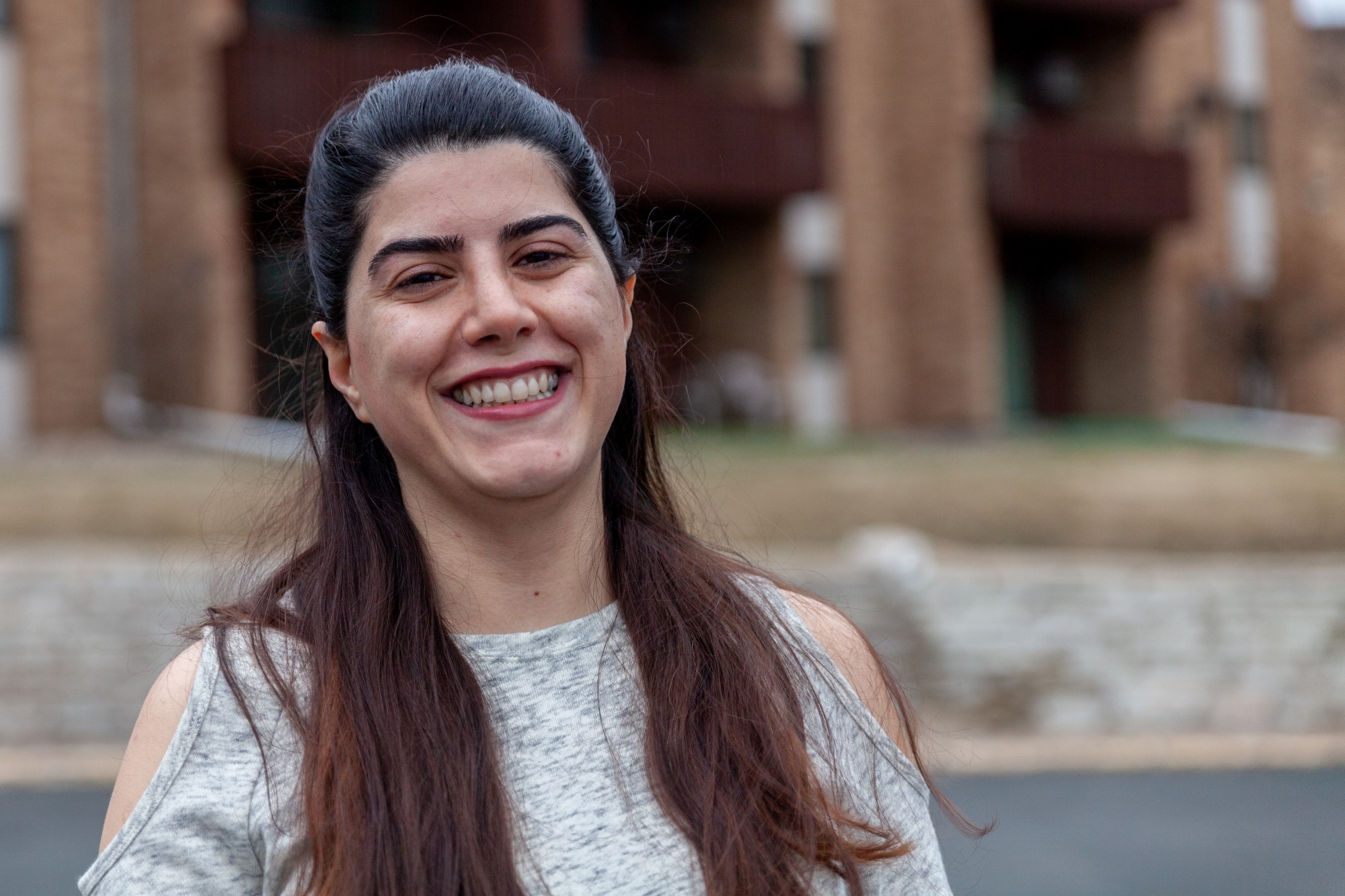Ali Noormohammadi has never celebrated Norooz, or the Persian New Year, in quarantine.
“[Coronavirus] changed everything. There is no more party, there’s no more gathering,” said Noormohammadi, a University of Minnesota master’s student.
The two largest Iranian New Year parties, one hosted by the Persian Student Organization of Minnesota and one hosted by Atlas Grill, were canceled to prevent the spread of COVID-19. Many say they are feeling the effects of both the virus and political turmoil between the U.S. and Iran — but they are not letting that stop them from celebrating this year’s Norooz.
At annual Norooz celebrations, this year celebrated on March 19, the Persian community shares dinner, dances and socializes, strengthening their tight-knit community year after year. With no gatherings this year, Persian students are separated from their traditional support systems.
But they are adapting.
On the Tuesday before Norooz, several families jumped over candles in their homes in the spirit of ‘Chahar Shanbeh Soori’ — something they would have done among friends and family at the earthy gathering.
Families also set their ‘Haft-Sin tables,’ featuring several natural items like apples, vinegar, Persian olives and lentil sprouts, representing the start of spring. Instead of different households gathering together, families connected over FaceTime to share their new year.
“Be safe and happy Norooz to all my Iranian and Persian friends and to other Americans. Let’s just be happy together, but not touch,” Noormohammadi said.
University student Maryam Zahedi said she is upset that the coronavirus is impacting the Persian community’s wellbeing. But Norooz allowed students to look past the political situation between the U.S. and Iran and connect with the Iranian community, she said, although the outbreak is keeping students apart.
Tension between the two countries is ongoing, complicated by economic and military pressures between the two governments.
“Atlas and the student party were our only chance to … introduce ourselves to other Iranian people,” she said. “We don’t have this chance for this year.” The parties were a chance to introduce Persian culture to Americans, she said.
“I felt separated from American people because of all of those [political] tensions, and I thought I could invite all my American friends to show them my culture,” she said. Under President Donald Trump’s administration, negative sentiment toward Iranians has increased, Zahedi said.
“It’s sad and disappointing that Obama used to say ‘Norooz Mobarak’ but Trump doesn’t,” she said.
University Ph.D. student Niloufar Mirzavand Boroujeni worries for Iranian international students during tense times. Mirzavand Boroujeni’s friend, who was set to study at Iowa State, was deported at time of entry to the U.S because of the political tension, she said.
Mirzavand Boroujeni said she knows of many obstacles for international students, in terms of returning to Iran, exchanging money and the economic barriers to pursuing an education in the U.S.
She still planned to Skype her family on New Years and celebrate despite the external pressures.
“We are going to be on Skype … the whole family and we will celebrate Norooz this way,” Mirzavand Boroujeni said.
Clarification: Mirzavand Boroujeni referred to obstacles for international students generally.






















